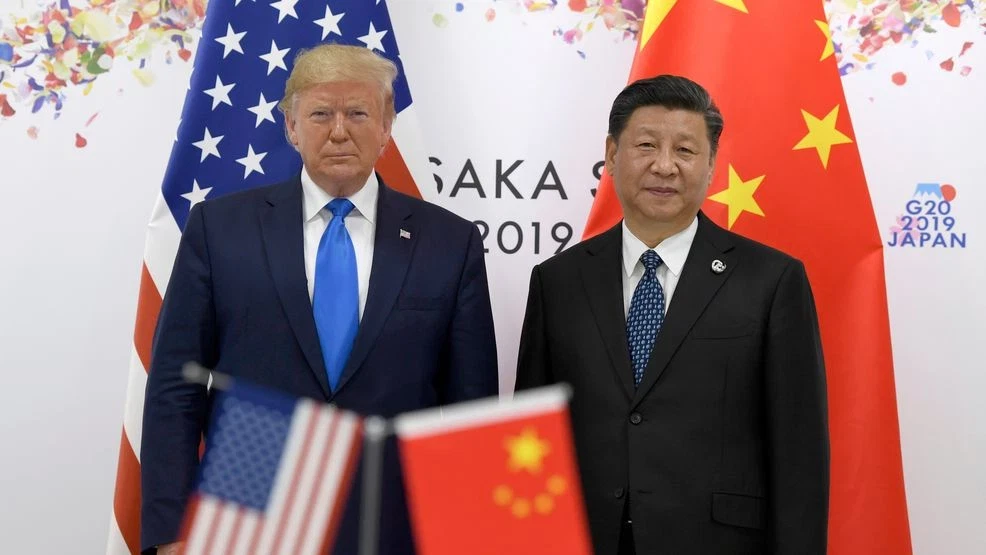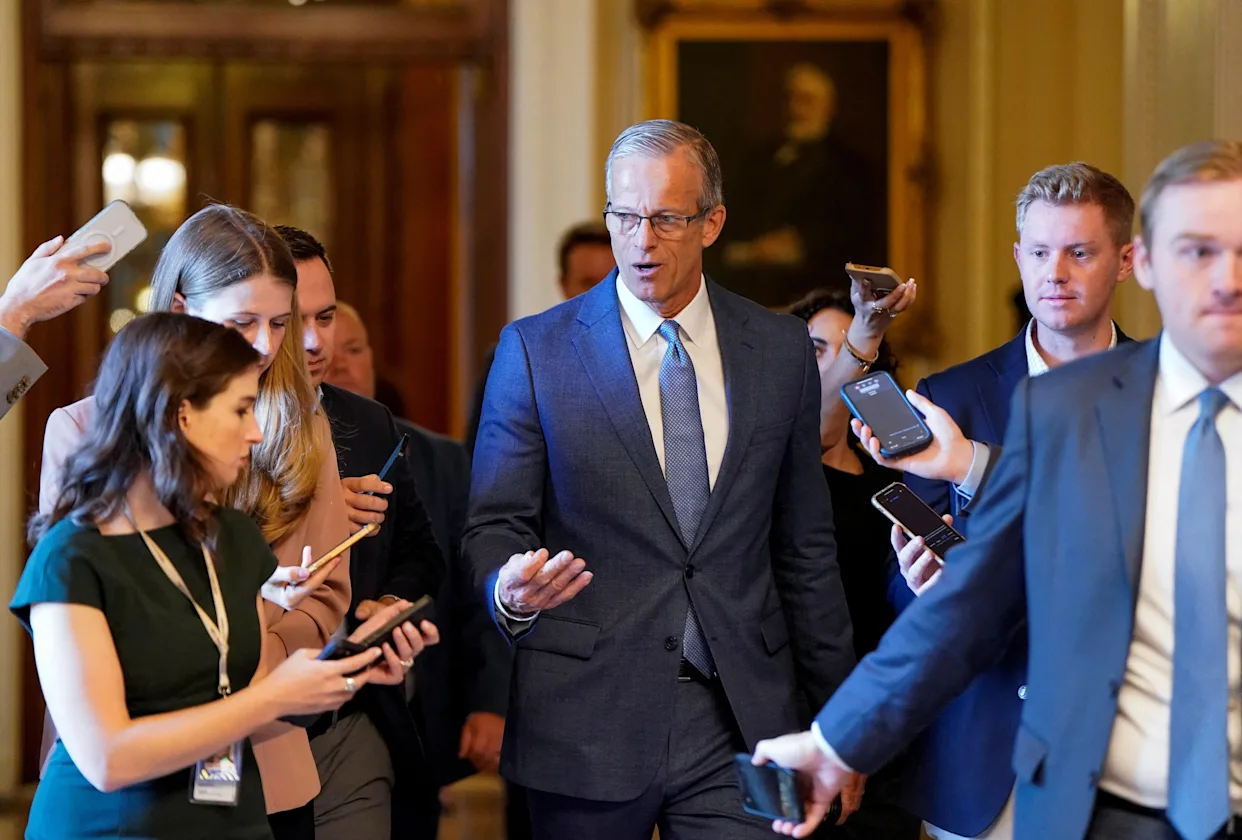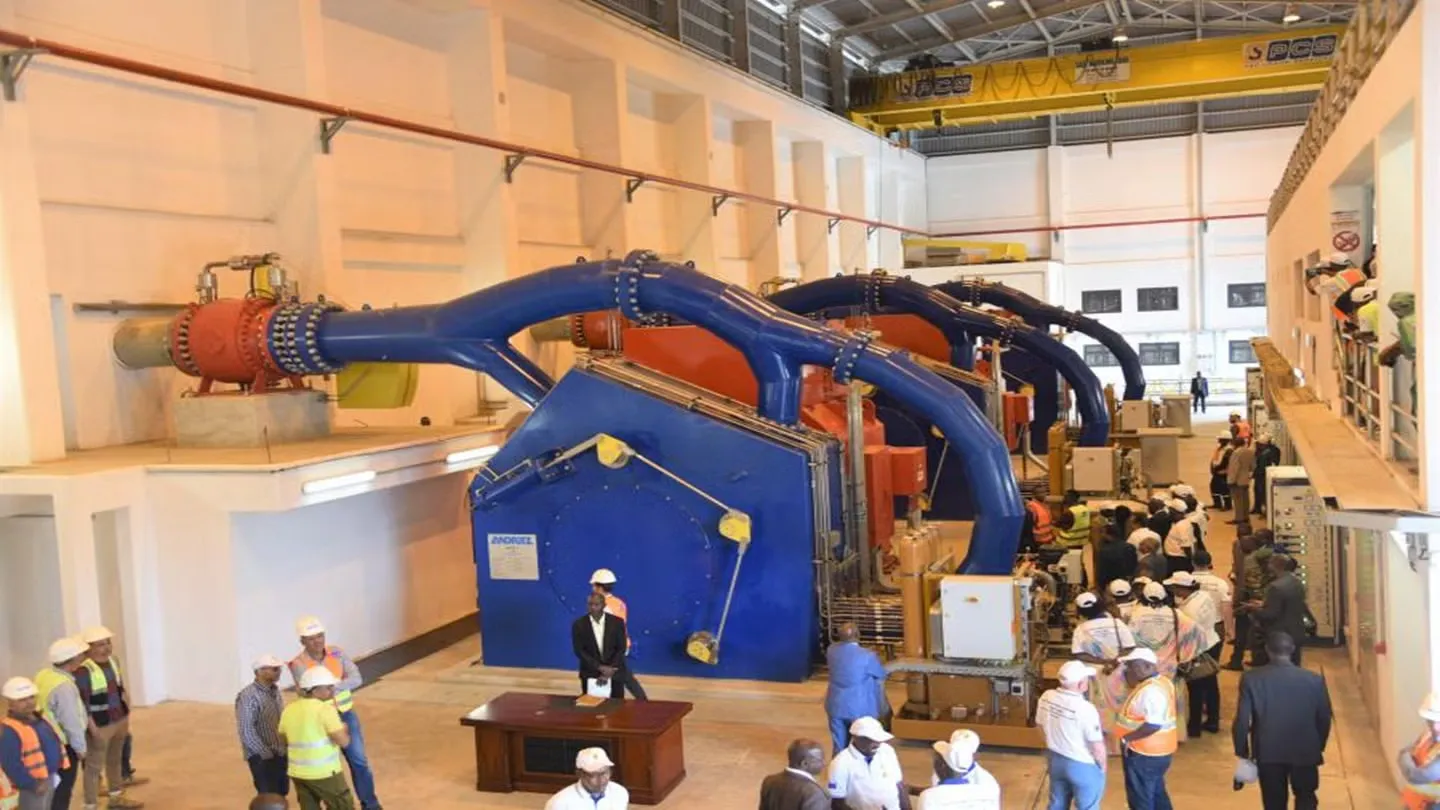In a significant move toward thawing frayed economic ties, China and the United States have confirmed plans to hold high-level trade and economic talks in Switzerland from May 9 to 12, 2025. At the invitation of the Swiss government, Chinese Vice Premier He Lifeng, a member of the Political Bureau of the Communist Party of China Central Committee, will meet with U.S. Treasury Secretary Scott Bessent. The talks come at a time of heightened bilateral tensions and carry global implications, as the world’s two largest economies attempt to steer away from the deepening spiral of protectionism and retaliatory tariffs.
The announcement, made on Wednesday by Chinese Foreign Ministry spokesperson Lin Jian, marks the first formal economic dialogue between the two countries since the U.S. launched a new wave of sweeping tariff measures on Chinese imports earlier this year. For many, the meeting represents a critical test of political will—whether both sides are genuinely prepared to restore balance and stability to one of the most important trade relationships in the world.
The Context: A Trade Relationship Under Siege
The roots of the current discord can be traced to early 2025, when the new U.S. administration introduced aggressive tariff hikes under the pretense of rebalancing trade and protecting domestic industries. Tariffs on Chinese goods were ratcheted up in stages, starting at 10% and rising to 20%, with specific duties imposed on key sectors such as semiconductors, electric vehicles, rare earth materials, steel, and aluminum.
The Chinese government, viewing the measures as unjust and unlawful, responded with its own set of countermeasures, targeting a broad swathe of American exports, including soybeans, liquefied natural gas, and high-end technology components. The result has been a dramatic escalation in trade frictions, with ripple effects felt across global supply chains, financial markets, and industrial output.
Foreign Ministry spokesperson Lin Jian was unequivocal in his criticism, stating, “China firmly opposes the U.S.’s unilateral tariff hikes. This position remains unchanged. We are open to dialogue, but only if it is grounded in equality, mutual respect, and mutual benefit. Any attempts to pressure or coerce China will categorically fail.”
The Ministry of Commerce echoed the sentiment, accusing the United States of undermining not only bilateral trade ties but also the broader international trade order. The Ministry emphasized that China’s response is both necessary and proportionate, aimed at defending its legitimate economic interests and supporting global trade fairness.
Pressure on the U.S. from Within and Without
On the American side, signs of strain are mounting. Domestic industries, from agriculture to manufacturing, have voiced increasing frustration over the trade impasse. The sharp rise in import costs, driven by the new tariffs, has squeezed supply chains and inflated prices, pushing businesses to cut back on production or pass costs on to consumers.
Data released earlier this week revealed that the U.S. trade deficit soared to a record $140.5 billion in March, reflecting a surge in imports ahead of the July 6 deadline for further tariff increases. Year-to-date, the deficit is up nearly 93%, an alarming trend that economists warn could further destabilize the economy.
Meanwhile, the U.S. economy contracted by 0.3% in the first quarter of 2025, with net exports dragging on GDP more than at any point in over 50 years. Consumer spending, long a pillar of American economic resilience, also slowed markedly to 1.8% growth—the weakest pace since mid-2023.
Speaking candidly in an interview with Fox News, Treasury Secretary Scott Bessent acknowledged that the tariffs have become “the equivalent of a trade embargo” and are simply not sustainable. He reiterated the U.S. does not seek to decouple from China, and instead aims for a “mutual de-escalation.”
“We’ve got to de-escalate before we move forward,” Bessent said. “This is not about winning or losing—it’s about stabilizing a vital relationship for the global economy.”
Cautious Optimism from China
Chinese experts and scholars have described the upcoming meeting as a “positive signal,” though they remain wary of what they describe as the United States’ unpredictable behavior. He Weiwen, a senior fellow at the Center for China and Globalization, noted that Washington’s request for the talks signals a potential shift in tone, but emphasized that any real progress depends on the U.S. reversing what he described as “unjust and illegal” protectionist measures.
Cui Hongjian, a professor at Beijing Foreign Studies University, provided a broader geopolitical analysis, stating that Washington’s retreat from hardline pressure tactics suggests those policies may have backfired. “The maximum pressure campaign hasn’t yielded results—it has triggered resistance not only from China but also from American industries and the broader international community,” Cui said.
He added that the onus is now on the U.S. to approach the talks with sincerity and pragmatism. “Empty rhetoric won’t cut it. If Washington is serious about restoring trust, it needs to demonstrate genuine willingness to compromise and adhere to international trade rules.”
Global Stakes: Why the World Is Watching
This round of talks carries global significance far beyond the interests of Beijing and Washington. The trade war has cast a long shadow over the global economic recovery, already fragile in the wake of post-pandemic inflationary pressures and geopolitical instability in regions like the Middle East and Eastern Europe.
Emerging economies, many of which rely on open trade for their own growth, have found themselves caught in the crossfire. Increased costs for raw materials and finished goods have driven up inflation, exacerbated debt burdens, and slowed development across Africa, Southeast Asia, and parts of Latin America.
Europe, too, has not been spared. As a major trading partner to both China and the United States, the EU has seen reduced demand and increased uncertainty over transatlantic and transpacific trade routes. Business leaders across the continent have urged both nations to find a resolution before further disruptions take hold.
The World Trade Organization has publicly warned that continued trade fragmentation could shave up to 5% off global GDP by the end of 2026. The IMF, in its latest outlook, revised global growth forecasts downward for the third consecutive quarter, explicitly citing U.S.-China trade tensions as a “core risk factor.”
China’s Strategic Approach: Stability and Long-Term Development
Despite the tensions, China remains resolute in its broader strategic goals. Zhou Mi, a senior researcher at the Chinese Academy of International Trade and Economic Cooperation, stressed that China’s participation in the talks reflects not just a desire to stabilize bilateral ties, but also its responsibility as a major power.
“China’s economy is like a vast ocean—it is resilient, dynamic, and not dependent on any single country,” Zhou said. “We’re pursuing high-quality development through the construction of a unified domestic market, new technological innovation, and initiatives like the Belt and Road. The world economy needs cooperation, not confrontation.”
Zhou also emphasized that while the short-term challenges are real, China’s long-term fundamentals remain strong. The country continues to lead globally in renewable energy investments, electric vehicle production, digital payment infrastructure, and 5G deployment.
This sentiment was echoed by Lin Jian, the Foreign Ministry spokesperson, who stated that China will continue to stand firmly against unilateralism and economic bullying. “We have a full toolbox at our disposal to defend our rights and interests. But we also believe in multilateralism and stand ready to work with other countries to protect international trade norms and fairness,” he said.
The Road Ahead: What Comes Next?
As delegates prepare for the Switzerland meeting, the path forward remains uncertain but not hopeless. Analysts suggest that a successful outcome would not necessarily mean a full resolution of the trade conflict, but rather the establishment of a more stable framework for future negotiations.
Initial goals for the meeting reportedly include a mutual agreement to pause new tariff increases, the formation of a bilateral working group on trade rules, and the reopening of channels for industrial and financial cooperation. Discussions may also touch on sensitive topics such as intellectual property protections, currency policies, and green technology standards.
Expectations should remain realistic, experts warn. “This isn’t going to be a magic wand moment,” said one former Chinese trade negotiator who asked not to be named. “But if we can shift from confrontation to communication, that in itself is meaningful progress.”
Indeed, the fact that both sides are willing to come to the table—after months of hardened rhetoric and policy brinksmanship—is a signal that neither Beijing nor Washington sees prolonged conflict as sustainable or desirable. It is also a sign that behind the politics, economic pragmatism is reasserting itself.
Ready to take your career to the next level? Join our dynamic courses: ACCA, HESI A2, ATI TEAS 7 , HESI EXIT , NCLEX – RN and NCLEX – PN, Financial Literacy!🌟 Dive into a world of opportunities and empower yourself for success. Explore more at Serrari Ed and start your exciting journey today! ✨
photo source: Google
By: Montel Kamau
Serrari Financial Analyst
8th May, 2025
Article, Financial and News Disclaimer
The Value of a Financial Advisor
While this article offers valuable insights, it is essential to recognize that personal finance can be highly complex and unique to each individual. A financial advisor provides professional expertise and personalized guidance to help you make well-informed decisions tailored to your specific circumstances and goals.
Beyond offering knowledge, a financial advisor serves as a trusted partner to help you stay disciplined, avoid common pitfalls, and remain focused on your long-term objectives. Their perspective and experience can complement your own efforts, enhancing your financial well-being and ensuring a more confident approach to managing your finances.
Disclaimer: This article is for informational purposes only and does not constitute financial advice. Readers are encouraged to consult a licensed financial advisor to obtain guidance specific to their financial situation.
Article and News Disclaimer
The information provided on www.serrarigroup.com is for general informational purposes only. While we strive to keep the information up to date and accurate, we make no representations or warranties of any kind, express or implied, about the completeness, accuracy, reliability, suitability, or availability with respect to the website or the information, products, services, or related graphics contained on the website for any purpose. Any reliance you place on such information is therefore strictly at your own risk.
www.serrarigroup.com is not responsible for any errors or omissions, or for the results obtained from the use of this information. All information on the website is provided on an as-is basis, with no guarantee of completeness, accuracy, timeliness, or of the results obtained from the use of this information, and without warranty of any kind, express or implied, including but not limited to warranties of performance, merchantability, and fitness for a particular purpose.
In no event will www.serrarigroup.com be liable to you or anyone else for any decision made or action taken in reliance on the information provided on the website or for any consequential, special, or similar damages, even if advised of the possibility of such damages.
The articles, news, and information presented on www.serrarigroup.com reflect the opinions of the respective authors and contributors and do not necessarily represent the views of the website or its management. Any views or opinions expressed are solely those of the individual authors and do not represent the website's views or opinions as a whole.
The content on www.serrarigroup.com may include links to external websites, which are provided for convenience and informational purposes only. We have no control over the nature, content, and availability of those sites. The inclusion of any links does not necessarily imply a recommendation or endorsement of the views expressed within them.
Every effort is made to keep the website up and running smoothly. However, www.serrarigroup.com takes no responsibility for, and will not be liable for, the website being temporarily unavailable due to technical issues beyond our control.
Please note that laws, regulations, and information can change rapidly, and we advise you to conduct further research and seek professional advice when necessary.
By using www.serrarigroup.com, you agree to this disclaimer and its terms. If you do not agree with this disclaimer, please do not use the website.
www.serrarigroup.com, reserves the right to update, modify, or remove any part of this disclaimer without prior notice. It is your responsibility to review this disclaimer periodically for changes.
Serrari Group 2025





